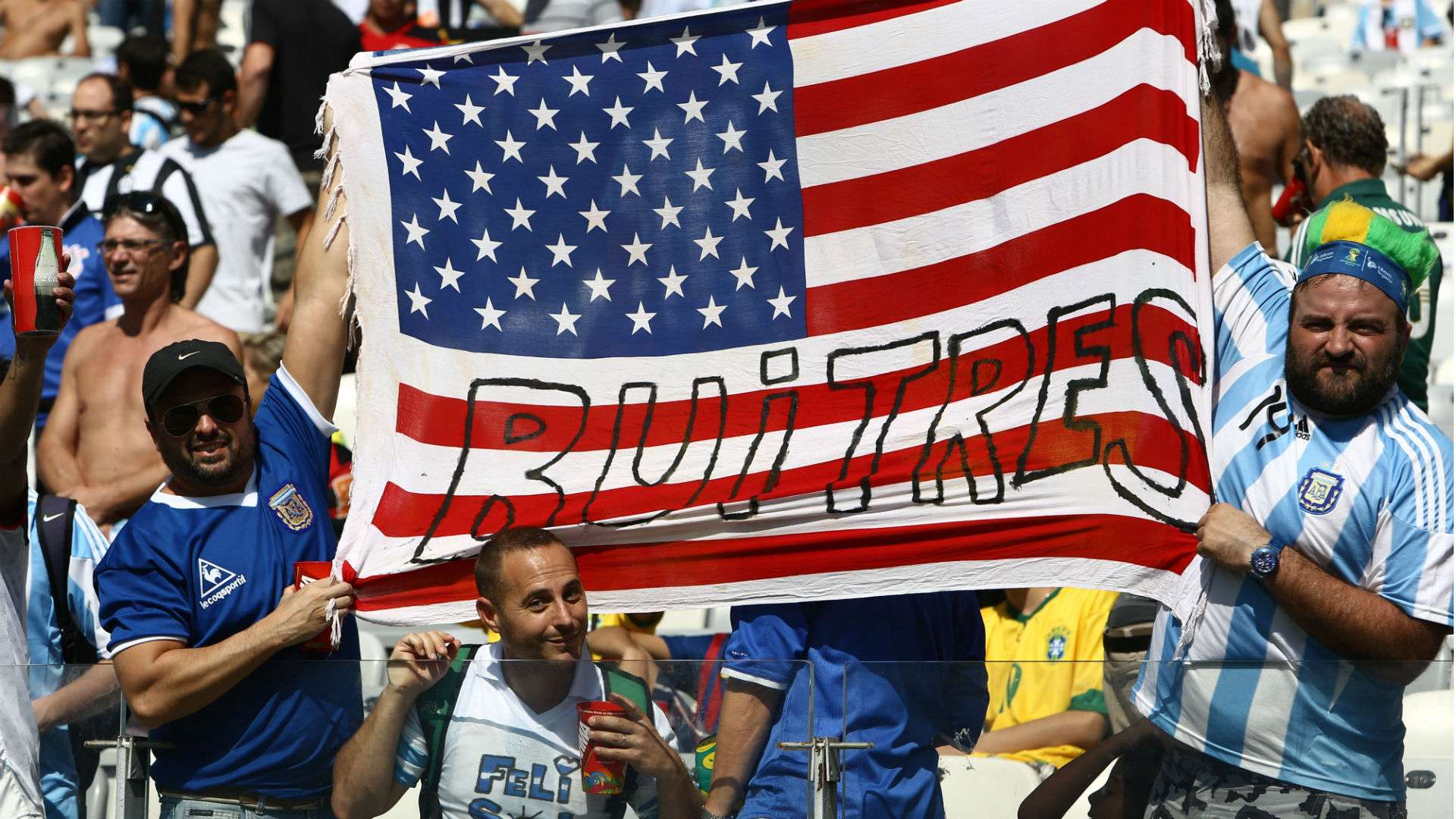While Lionel Messi, Angel Di Maria and the rest of Argentina's squad were fighting for the 2014 World Cup in Brazil, a different battle was taking place on the streets of Buenos Aires. In June of that year, thousands of posters appeared posing a simple choice for citizens: Patria o Buitres, the fatherland or the vultures.
The 'vultures' in question were Elliott Management, the billion-dollar American holding company that were waging economic war on the country in the hope of a huge pay-off. That same group, led by the unassuming Paul Singer, have now taken the reins of crisis-hit AC Milan - the fallen Serie A giants forced to put their faith in yet another rich benefactor in the hope of ending one of the worst eras in their history. Opening the doors to Elliott, though, has rarely borne positive results for anyone except the financial behemoth and their shareholders.
While the decade-long conflict between Argentina and Singer, the bespectacled founder of Elliott who is also known for his support of the Republican Party and LGBTQ activism, is far too complex to explain in full here, it has its roots in the devastating debt default that the country suffered at the end of 2001. Billions of dollars of debt bonds were left unpaid by the move, amid a context of social collapse and bloody repression which saw five different people take the Argentine presidency in the space of a fortnight.
Where most saw pain and suffering, Elliott saw a golden opportunity. Those defaulted debt titles became what is known in financial parlance as 'junk bonds', sold on at pennies on the dollar due to the unlikelihood of reimbursement.
In 1996 the hedge fund had performed a similar manoeuvre in Peru, purchasing defaulted debt for $11.4 million (£7.3m) and later winning a court judgement demanding full payment of $58m (£35m), a 500 per cent profit. That amount was paid in full by the South American country, after Singer masterminded the bold stunt of confiscating the private jet of fleeing ex-president Alberto Fujimori and effectively holding him to ransom until the money was handed over. Now with Argentina he was ready to cash in again.
In the aftermath of the 2001 crisis Elliott subsidiary hedge fund NML Capital bought up bonds for $117m and immediately sued for compensation in several courtrooms across the world. When new Argentina president Nestor Kirchner and successor Cristina Fernandez de Kirchner renegotiated with bondholders over a debt restructuring that would yield around 30 cents on the dollar for every bond, Singer was among the 7% of creditors that refused to budge.
He had a new weapon to hand: a judgement from New York district judge Thomas Griesa that ordered Argentina to pay out in full plus costs and accrued interests on the legal grounds of pari passu (on equal footing), the same gambit that had paid such handsome dividends in Peru.
That sentence, and Argentina's refusal to comply, marked the start of an acrimonious decade-long legal battle. Singer (pictured below), used his muscle to found the American Task Force Argentina (AFTA), a non-governmental organisation (NGO) that lobbied tirelessly for Argentina to be forced into paying up and launched fiery personal attacks on President Fernandez de Kirchner.
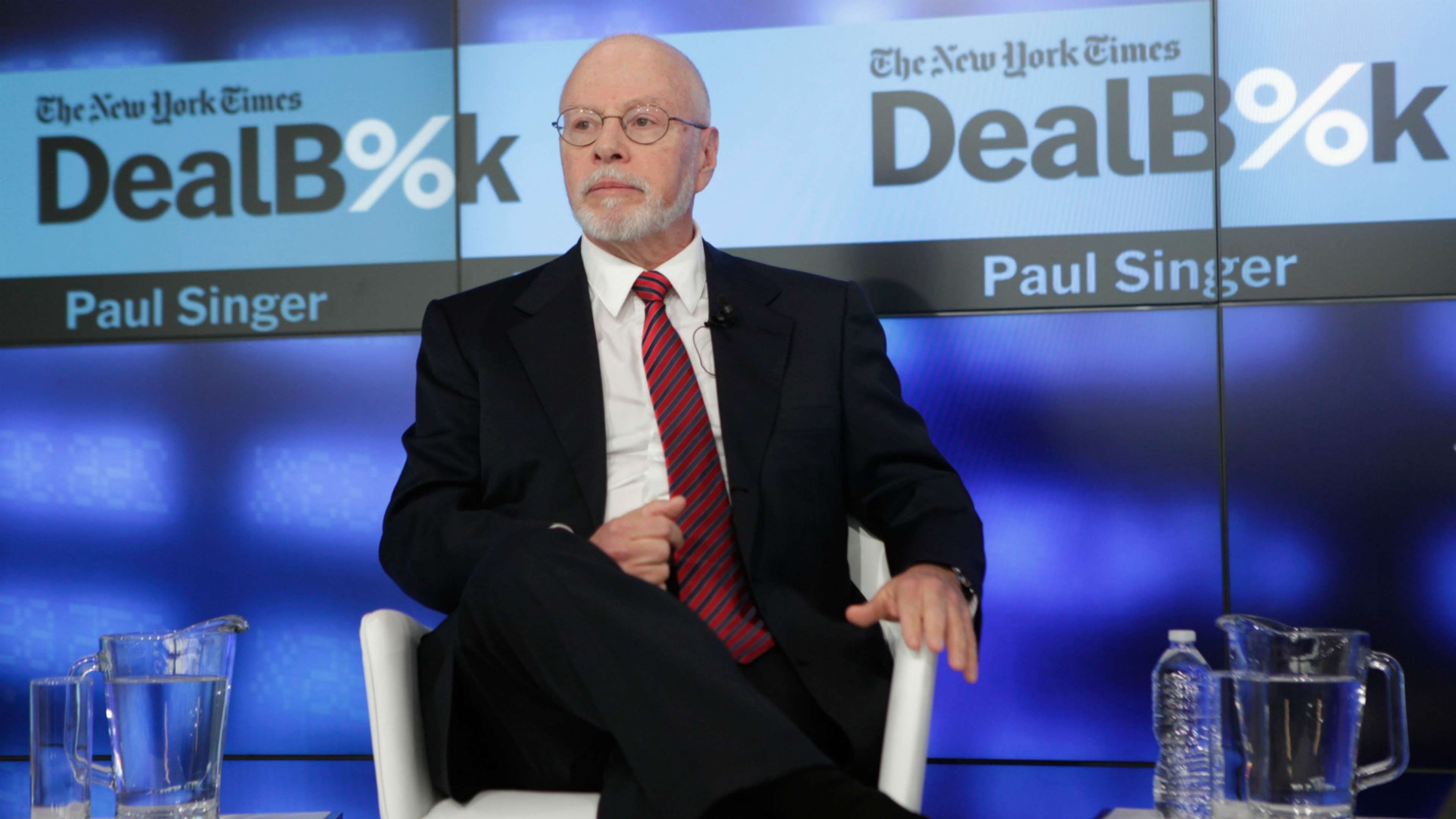 Getty
Getty
The AFTA was also accused of funding politicians opposed to the government, through an intricate web of NGOs and other non-profit organisations aimed at weakening the country's resolve. In turn he was demonised as a “vulture” in Argentina, an unscrupulous figure looking to make a profit out of the country's prior misery.
Singer, meanwhile, had not lost his flair for the spectacular. In October 2012 the Argentine Navy frigate Libertad was seized in the port of Tema, Ghana, on a judicial order filed as part of the debt claim. The Libertad's crew were forced to stay on the craft for almost three weeks while the conflict raged on, eventually being evacuated for humanitarian reasons. “While I am president they might be able to keep the frigate,” Cristina fired, “but nobody can take this country's freedom, dignity and independence.”
Finally, in December and after two months the Libertad was freed on United Nations orders, marking a victory for Argentina; but in 2014, as the world's eyes were focused on events in Brazil, Judge Griesa sent the nation once more into default due to its refusal to pay Singer.
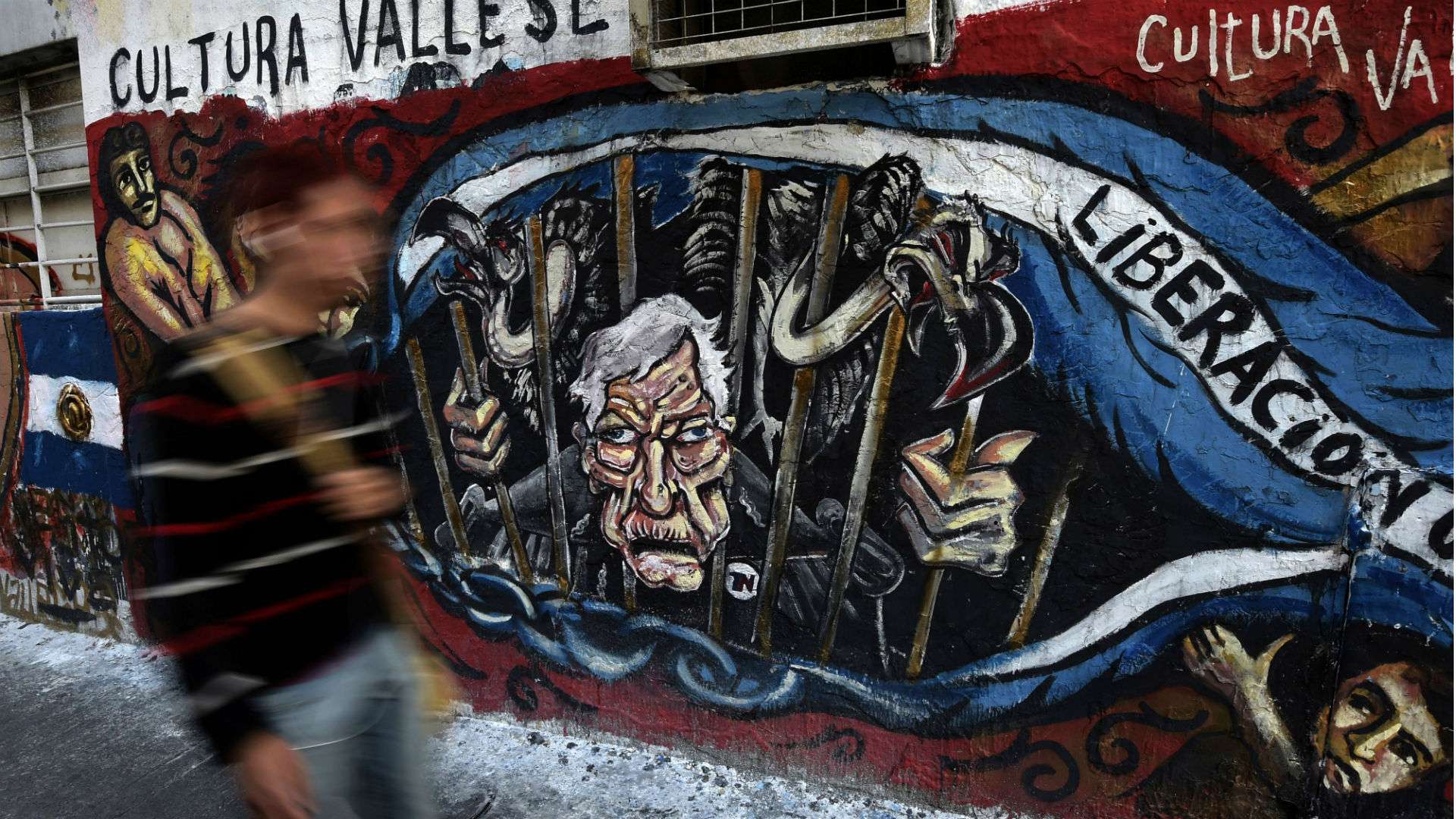 Getty
Getty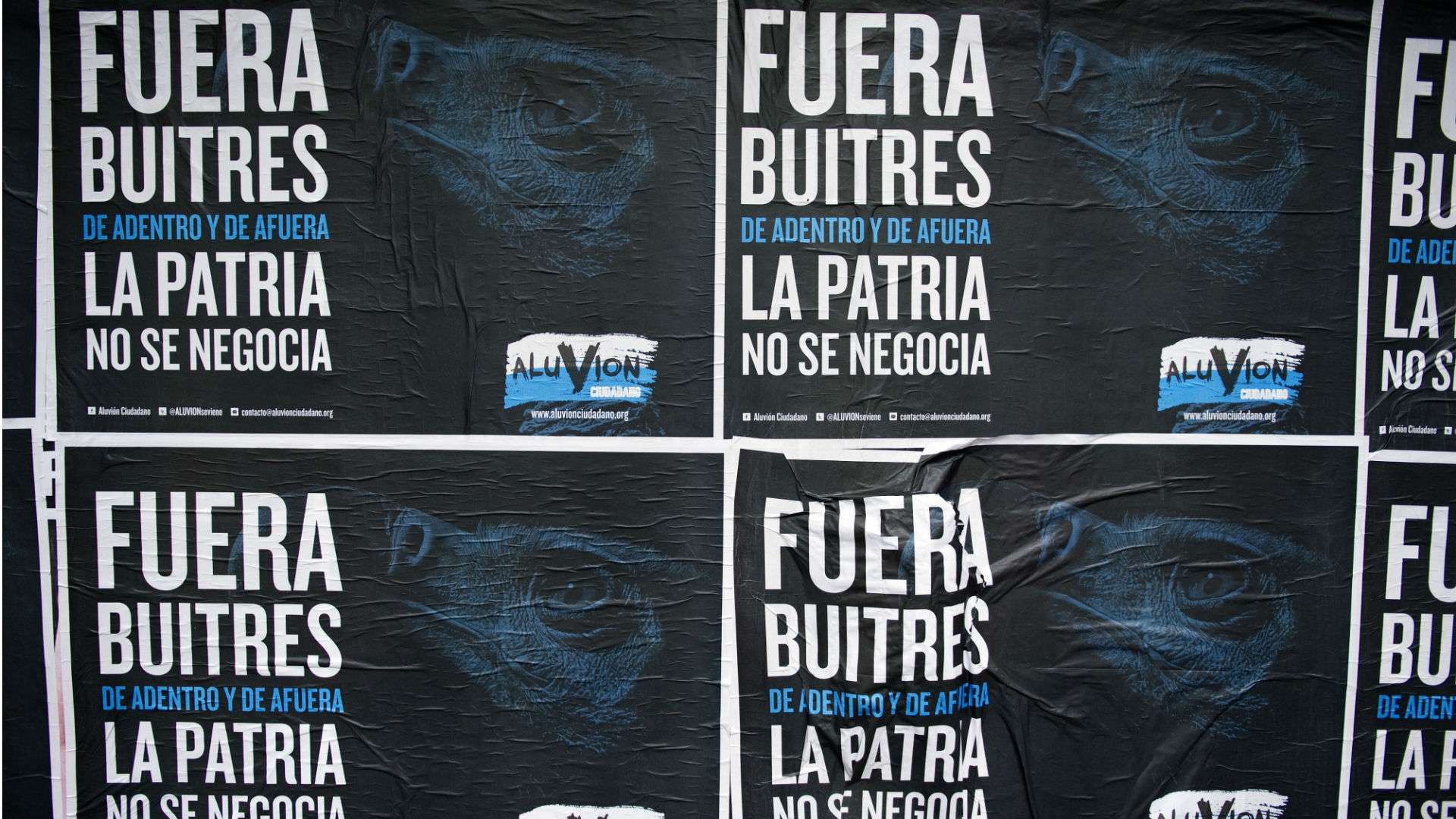 Getty
Getty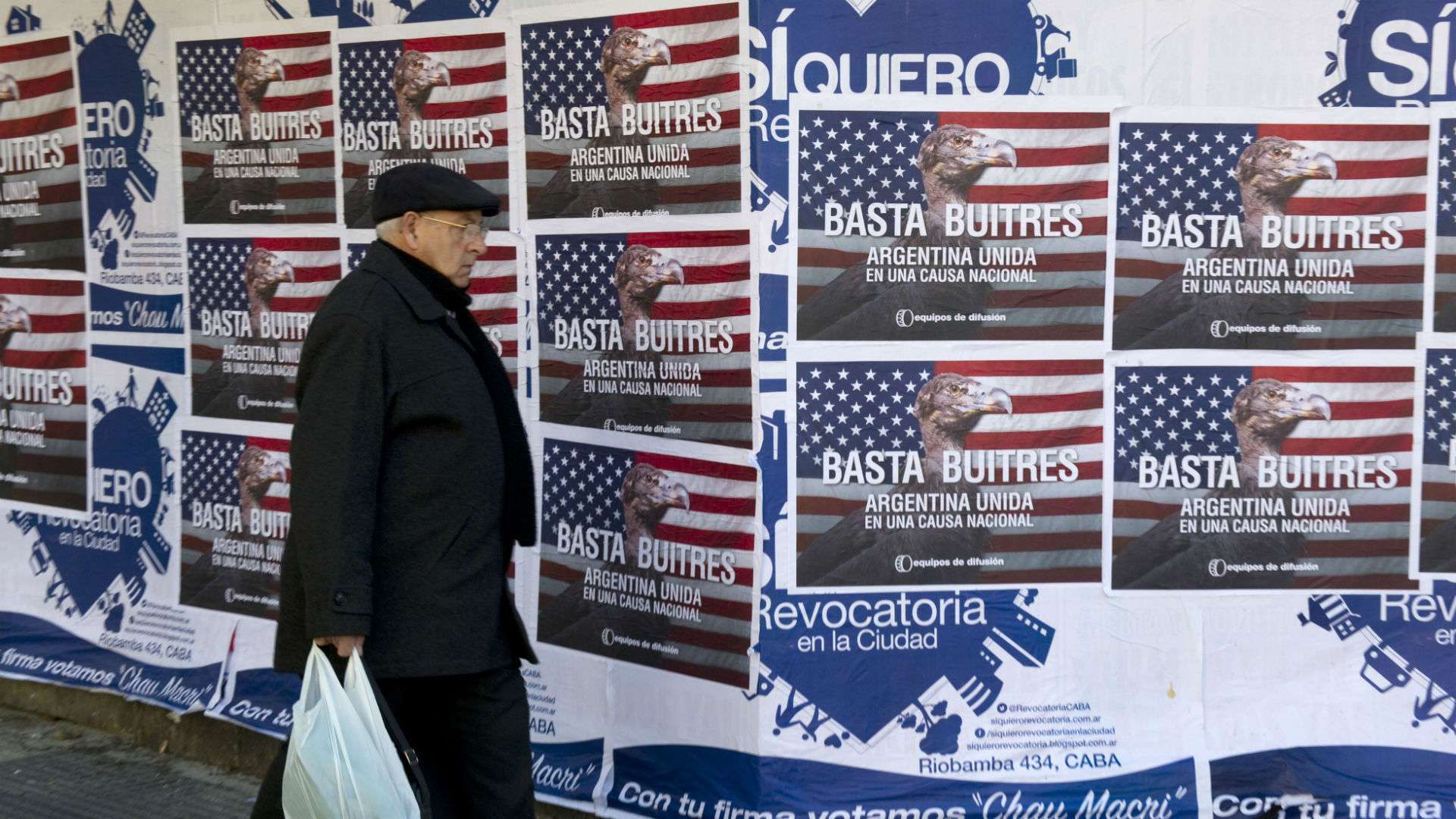 Getty
Getty
The arrival of new president Mauricio Macri in December 2015 opened a new chapter in the saga. Where his predecessor had fought tooth and nail against Elliott's incursions, the former Boca Juniors president was anxious to come to a quick accommodation with his country's tormentor in chief. A matter of months after his inauguration Macri yielded: Singer received no less than $2.4bn (£1.5bn), 20 times his original investment.
Distressed assets, as they are termed in the market, are Singer's high-risk favourites. He will wait years to make a profit, and use every legal trick in the book, but what he will never do is back down and walk away. That gung-ho spirit has made him a hero on Wall Street - “one of the smartest and toughest money-makers in the business”, in the words of one Fortune profile – and a vulture-like devil for almost everybody else.
Milan are now part of that family, a bewildering portfolio of shares and bonds that includes book chain Waterstones and previously a hefty stake in technological giants Samsung.
The manner of the hedge fund's entry into the football world comes as no surprise, as the 73-year-old Singer was left in charge precisely because previous owner Li Yonghong defaulted on a huge loan held by Elliott, who wasted no time in taking the club off his hands as compensation.
Singer and Elliott's history has unsurprisingly concerned many Milan fans, with it widely accepted that the new owners will sell the club on when - and in the way - it is most financially beneficial to them. However, Elliott have looked to allay fears by promising to immediately inject €50m (£44m) into the club in order to stabilise it and put it in a stronger position.
"Having assumed control, Elliott's vision for AC Milan is straightforward: to create financial stability and establish sound management; to achieve long-term success for AC Milan by focusing on the fundamentals and ensuring that the club is well-capitalised; and to run a sustainable operating model that respects UEFA Financial Fair Play (FFP) regulations," a statement read upon assuming control of the Rossoneri.
"Elliott fully appreciates the challenge and responsibility that ownership of this great institution entails. Elliott is pleased not only to support the club during this difficult time, but also by the challenge of achieving ambitious objectives in the future via the on-field success of coach [Gennaro] Gattuso and his players.
"As first measures, Elliott intends to inject €50m of equity capital to stabilise the club's finances, and plans to inject further capital over time to continue to fund AC Milan's transformation."
Singer and Elliott have certainly helped steady the sinking ship in the short term, with the club reinstated to the Europa League having previously been banned for two years for failing FFP requirements. The owners have also overseen some sweeping changes at management level, removing CEO Marco Fassone and sporting director Massimiliano Mirabelli, and bringing in Leonardo as general manager.
However, the future as a whole for Milan is clearly fraught with uncertainty. A quick scan of Singer's career will make one thing abundantly clear for Milan and their long-suffering fans: if there is to be a loser from this venture, you can be certain that it will not be Singer or Elliott.
